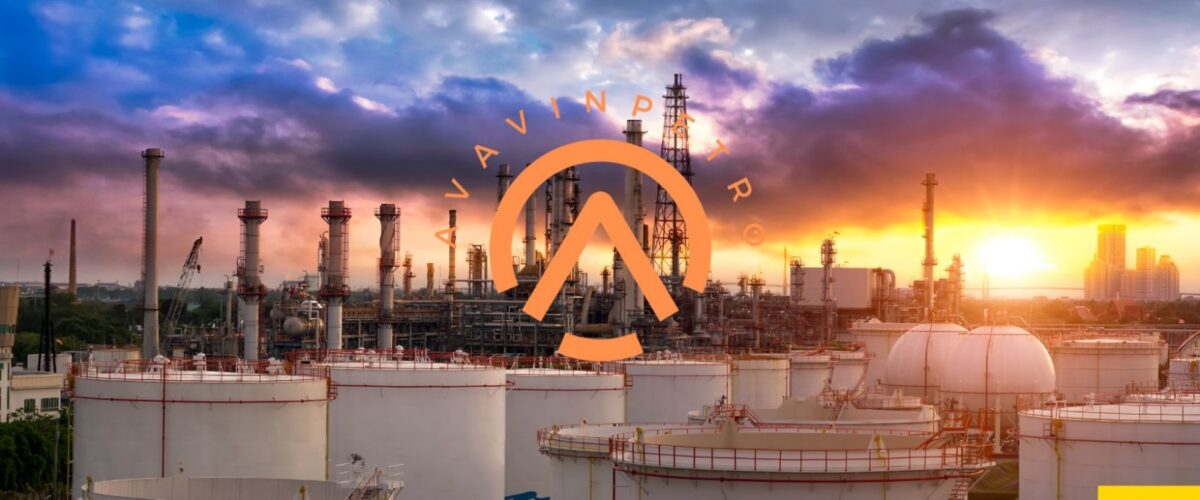The Impact of Expanded Polystyrene 2 (EPS) on Automotive Industry Growth
Introduction
In recent years, Expanded Polystyrene (EPS) has emerged as a pivotal material driving significant advancements within the automotive industry. This lightweight and versatile material has revolutionized various aspects of vehicle design, production, and performance. As we delve deeper into its applications and benefits, it becomes evident that EPS is not just a trend but a transformative force shaping the future of automotive engineering.
Applications of EPS in Automotive Manufacturing
Lightweighting for Enhanced Efficiency
EPS is celebrated for its exceptional lightweight properties, offering automakers a viable solution for reducing vehicle weight without compromising structural integrity. By replacing heavier materials with EPS in components such as bumpers, interior panels, and insulation, manufacturers achieve substantial weight savings. This, in turn, contributes to improved fuel efficiency and reduced carbon emissions, aligning with global sustainability goals.
Superior Impact Absorption and Safety
Safety remains paramount in automotive design, and EPS plays a crucial role in enhancing crashworthiness. Its ability to absorb impact energy efficiently helps protect passengers during collisions. EPS foams are strategically integrated into headliners, door panels, and crash cushions, mitigating injury risks and bolstering vehicle safety standards. This application underscores EPS as a cornerstone of modern automotive safety measures.
Environmental Sustainability and Regulatory Compliance
Eco-Friendly Production and Recyclability
As environmental awareness grows, EPS stands out for its eco-friendly attributes. The production process of EPS involves minimal energy consumption and generates negligible waste. Moreover, EPS products are fully recyclable, further reducing their environmental footprint. Automakers embracing EPS not only meet stringent regulatory requirements but also appeal to eco-conscious consumers demanding sustainable practices across industries.
Avavin Petro: A Trusted Supplier of High-Quality EPS
In the landscape of EPS suppliers, Avavin Petro has established itself as a reliable partner for automotive manufacturers worldwide. With a commitment to innovation and quality, Avavin Petro delivers EPS solutions tailored to meet the rigorous demands of the automotive sector. Their advanced manufacturing capabilities ensure consistent product excellence, fostering enduring partnerships built on trust and performance.
Future Trends and Innovations
Integration in Electric and Autonomous Vehicles
The rise of electric vehicles (EVs) and autonomous driving technologies presents new opportunities for EPS integration. Lightweighting remains pivotal for extending EV range and optimizing battery performance. EPS components contribute to the overall efficiency of electric drivetrains while supporting the structural integrity of autonomous vehicle platforms. As these technologies evolve, EPS will continue to evolve as a foundational material in shaping the next generation of automotive innovations.
Conclusion
In conclusion, the widespread adoption of Expanded Polystyrene (EPS) signifies a paradigm shift in the automotive industry. From enhancing vehicle efficiency and safety to promoting environmental sustainability, EPS embodies versatility and performance excellence. As automotive manufacturers navigate toward a future defined by innovation and sustainability, EPS remains indispensable in driving industry growth and consumer satisfaction.
Written by Emir Narin

